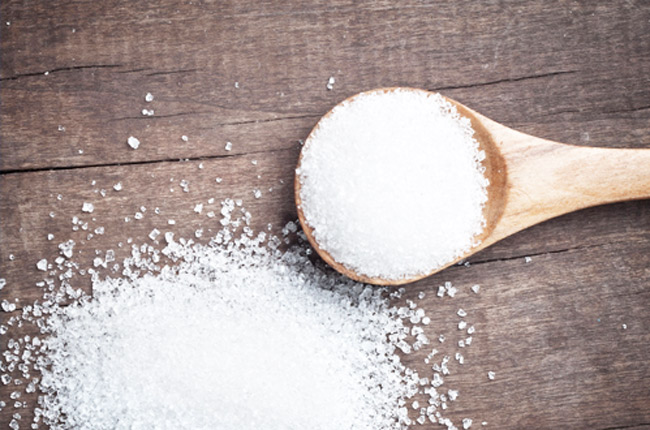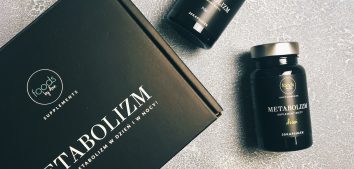
Xylitol and its pro-health effect
Not without reason it is said that white sugar is death. The available sugar is refined or heavily washed from any nutrient.
The list of negative effects of white sugar consumption is long. It’s a very unhealthy ingredient that I personally think should not be used in any kitchen.
Other more healthy sugar substitutes are available on our market. One of them is xylitol.
It is a substance reminiscent of white sugar, but in contrast it has health benefits.
Xylitol is called a birch sugar. This is a natural compound that occurs in birch fibers, oats, plums or raspberries. Substances are most commonly found in China and Finland.
It has less calories (twice!) than white or cane sugar. It is 40 percent less calories and has 75 percent less carbohydrates than traditional sugar. Does not digest in the human gastrointestinal tract, because it metabolizes in the cells. There is no fermentation, and in addition it is reducing the harmful fermentation, which in turn can cause the formation of toxic acids. It does not change its properties due to heat treatment and it is not subject to caramelization. Often used in non-sugar / light products.
It has low GI, so it does not cause big blood jumps, using only insulin to metabolize to a small extent. It can be used by diabetics.
The glycemic index is a percentage of the increase in blood glucose, after consuming about 50 grams of assimilable carbohydrates. The higher the GI of a given product, the higher the blood sugar after consumption. High index products cause both high blood sugar and high blood sugar levels.
Positive effects have been demonstrated with mouth odor and cavities prevention. It is used in hygiene products (ex in toothpaste).
Xylitol can be served to both children and pregnant women.
Warning! In larger quantities it can cause diarrhea
The health benefits of xylitol:
- Antibacterial
- Anti-cancer
- Antiparasitic
- Antiallergic
- Strengthens the immune system
- Equalizes the acid-base balance
- Stimulates the secretion of saliva
- Works against fungus
- Maintain blood sugar levels – recommended for diabetics
- Used to fight obesity
- Regulates the work of the digestive system
- It inhibits the formation of parasites and fungi
- Helps constipation and hyperacidity
- Helps osteoporosis
How to use it?
As mentioned above, xylitol can primarily cause diarrhea in large quantities. WHO named xylitol as a safe sweetener.
Xylitol is slowly metabolized, so increased doses can have negative effects like diarrhea, bloating, vomiting, indigestion, stomach pains. The dosage of xylitol is an individual matter, after consumption you should observe your body in terms of product tolerance.
The researchers confirm that a conventional dose of 50 to 70 grams per day will be well tolerated by adults and children should not exceed 45 grams.
Children should be given xylitol in the form of chewing gum or syrup.
It is best to introduce xylitol slowly into the diet, starting with small doses.
One thing is certain, Xylitol for us nutritionists is a valuable product used as a diet tool and for creating customer menu.
This is surely another substitute for white sugar – there is some hope 🙂
Source:J. Dąbkowski „Naturalne składniki suplementów diety”, Grembecka M. “Ksylitol – rola w diecie oraz profilaktyce i terapii chorób człowieka”, Food Forum (luty 2017)










Comments No Comments
Join the discussion…